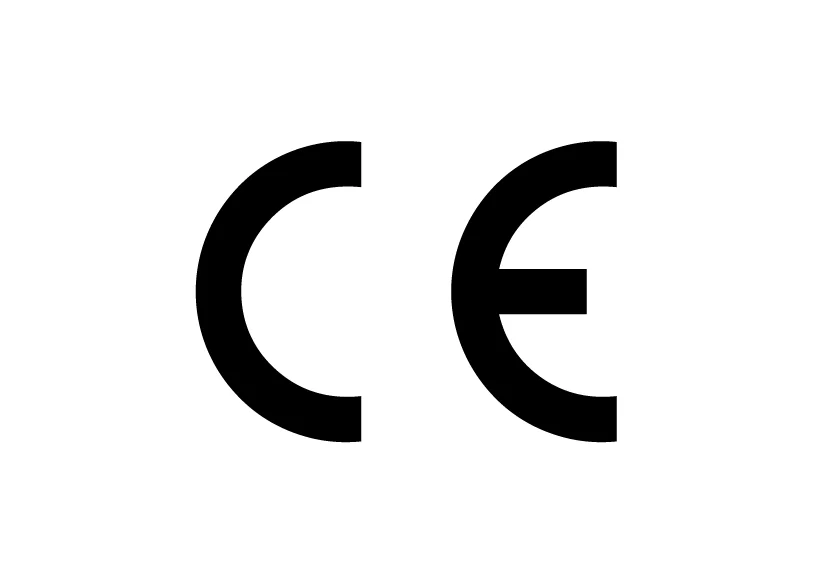VITREX PLUS A+B
Formulato epossidico per uso alimentare
Smalto epossidico bicomponente per rivestimenti a contatto diretto con alimenti. Idoneo per olio d'oliva, acqua potabile, pasta, cereali, carne e altri alimenti per i quali è richiesto il test di cessione con i simulanti A, D2 o E.
Tipologia: Rivestimenti Anticorrosivi

Descrizione
Sistema bicomponente formulato con materie prime che rientrano nella lista positiva per il contatto con gli alimenti.
Certificato per contatto continuo con olio di oliva e acqua potabile, (rapporti di prova degli Istituti di Enologia e di Ingegneria Agroalimentare di Piacenza) o altri prodotti alimentari per i quali è richiesto il test di cessione con i simulanti A e D2.
Utilizzi
Rivestimenti protettivi continui per opere di ingegneria idraulica destinati al contatto continuo con l’olio di oliva, acqua potabile e altri alimenti.
Supporto
Il sottofondo deve possedere una resistenza minima alla compressione di 25 N/mm2 e a trazione di 1,5 N/mm2.
Preparazione del supporto
Fondi in cls. dovranno essere solidi, asciutti (stagionati se di nuova costruzione), livellati, assorbenti, non inquinati da oli, detergenti, polveri od altre sostanze. Eventuali discontinuità dovranno essere ripristinate con idonee malte premiscelate cementizie.
Applicare comunque uno strato di primer mediante formulato epossidico in emulsione acquosa ECOFONDO.
Supporti metallici dovranno essere preparati mediante sabbiatura al metallo bianco (SSPC-SP5, Svensk Sa3)
Applicare idoneo primer anticorrosivo.
Applicazione
Al momento dell’applicazione unire i due componenti in un unico recipiente, miscelare con cura con adeguata attrezzatura ed omogeneizzare per un minuto avendo cura di curare le pareti ed i fondi delle latte, fino ad ottenere consistenza e colore uniforme.
Utilizzare rapidamente l’intero contenuto.
Eventuali diluizioni possono essere eseguite con alcol etilico puro (max 5% su A+B); per la pulizia delle attrezzature impiegare SOLVENTE UNI.
Applicare il prodotto a pennello o rullo, spruzzo airless.
Il consumo teorico è di circa 300 gr/m2.
Prevedere l’applicazione in doppio strato con uno spessore minimo di 200 µm rispettando i tempi min. e max. di sovracopertura.
Avvertenze
I rivestimenti di VITREX esposti alla luce solare possono subire sbiadimenti o variazioni di colore con viraggio verso il giallo; questo fatto non pregiudica in alcun modo le prestazioni del rivestimento.
Tra diversi lotti produttivi dello stesso colore ci possono essere leggere differenze: quando possibile utilizzare materiale proveniente dallo stesso lotto di produzione.
Per applicazioni a bassa temperatura si può scaldare il materiale a 25°C per facilitarne l’applicazione e la catalisi (diminuzione viscosità).
Prodotto ad uso professionale, l’acquirente si impegna a seguire tassativamente le avvertenze sopra riportate nell’applicazione del prodotto acquistato e le indicazioni della scheda di sicurezza.
Specifiche tecniche
| DATI PRODOTTO | |
|---|---|
| Colore | Bianco, rosso, ocra |
| Peso specifico (a 25°C) | miscela (A+B): 1,50 +/- 0,05 g/ml |
| Viscosità (a 25°C) | miscela (A+B): 5.000 +/- 1.000 mPa (spindle 2, rpm 30) |
| Residuo secco (A+B) | 95% +/- 1% in volume |
| Punto di infiammabilità | > 100°C |
| Solvente per la pulizia attrezzi | Solvente UNI |
| Magazzinaggio | 12 mesi, conservare in luogo asciutto ad una temperatura compresa tra i 5°C ed i 35°C |
| DATI APPLICAZIONE E TEMPI | |
|---|---|
| Rapporto di miscela | in peso: A=100, B=27 |
| Pot-life (50% U.R.) | a 15°C > 40 min a 25°C 25 min a 30°C > 15 min |
| Secco al tatto (50% U.R.) | a 15°C 12-16 ore a 25°C 4-6 ore a 30°C 3-4 ore |
| Ricopertura (50% U.R.) | a 25°C da 6 a 24 ore (trascorso il tempo di max. ricopertura è necessaria la carteggiatura di tutta la superficie) |
| Indurimento in profondità (50% U.R.) | a 25°C 7 giorni |
| Condizioni ambientali d’uso | Temperature comprese tra i +15°C e i +30°C, U.R. < 50% e umidità del supporto < 4% VITREX applicato a temperature del supporto inferiori ai 15°C potrebbe macchiarsi a contatto con l’acqua o con preparati a base acquosa e formare macchie biancastre. Tale difetto di resistenza chimica è causato da una reticolazione incompleta. Pertanto, VITREX va applicato ad una temperatura del supporto non inferiore a 15°C e di almeno 3°C superiore alla temperatura di condensa. |
| DATI TECNICI PRESTAZIONALI | |
|---|---|
| Adesione al calcestruzzo | > 2,5 MPascal, con rottura coesiva del supporto |
| Resistenze chimiche | Buona resistenza nei confronti di vari aggressivi (consultare il nostro Servizio Tecnico) |

